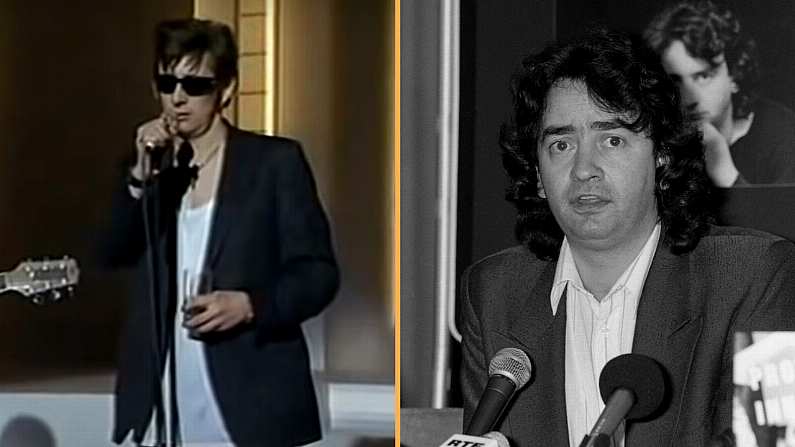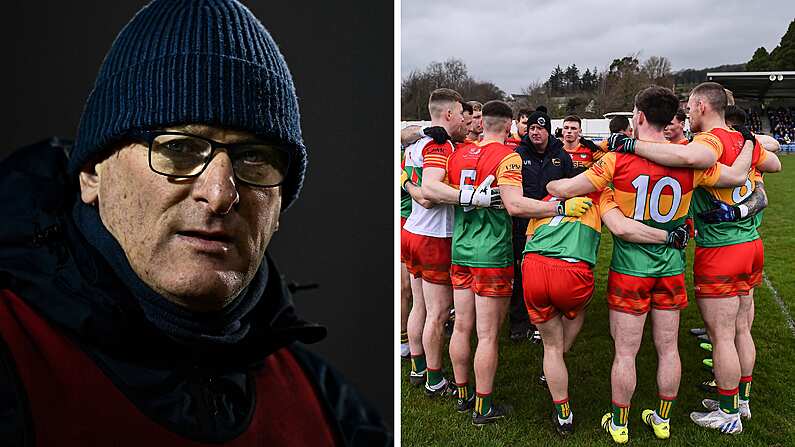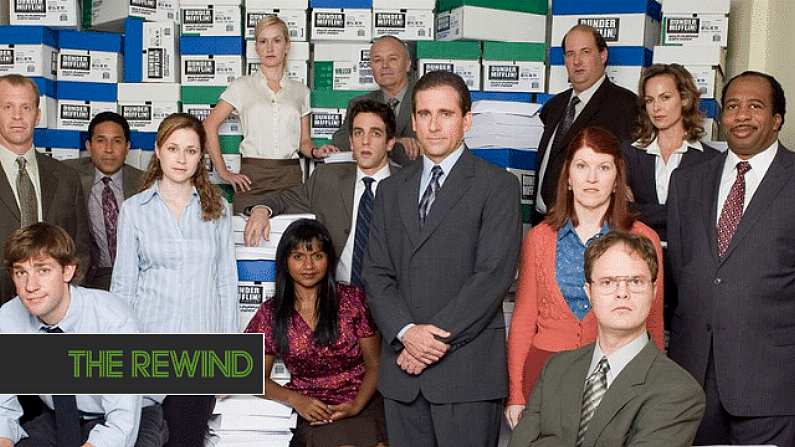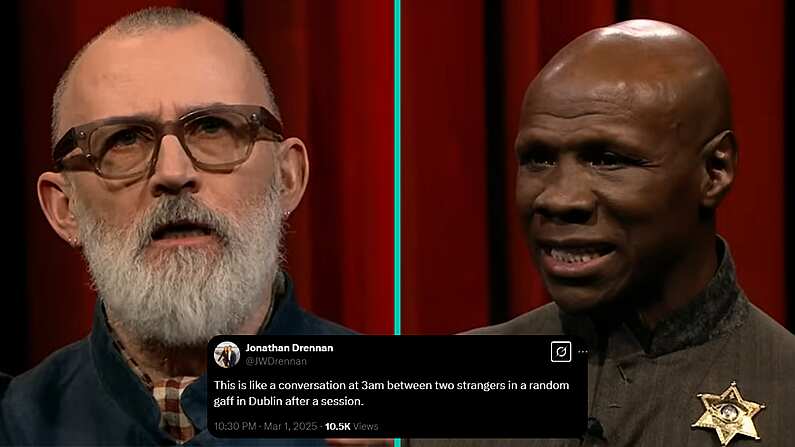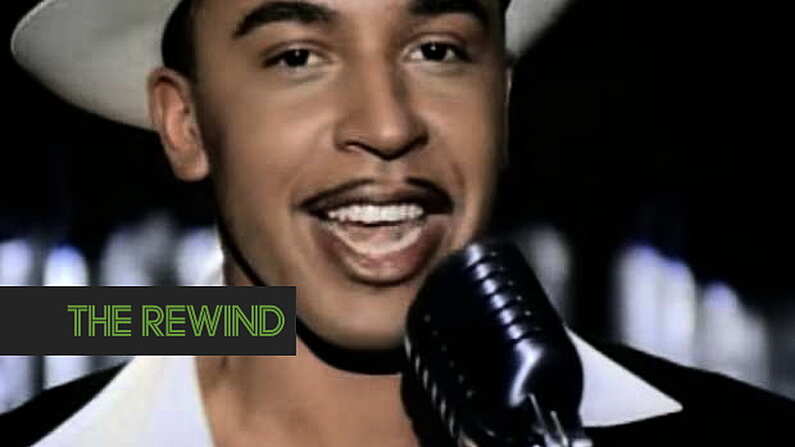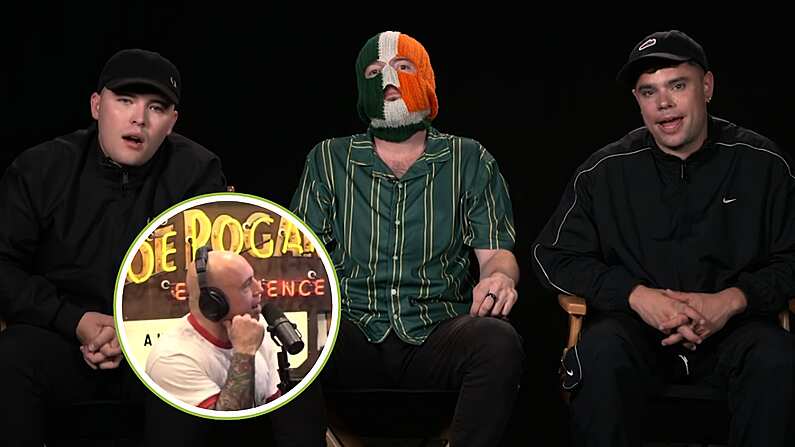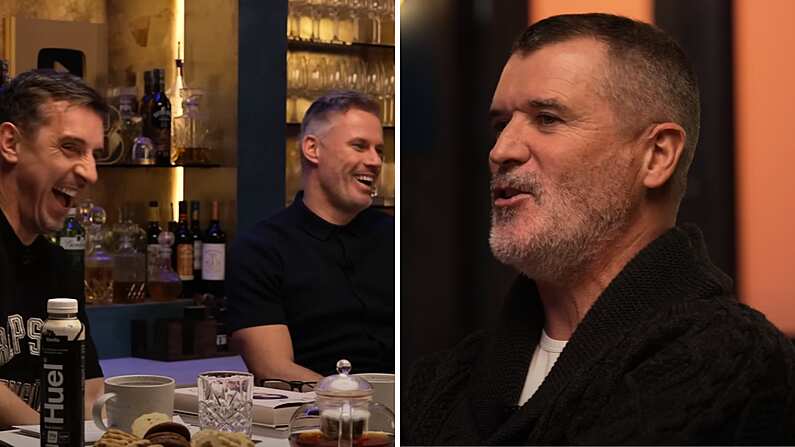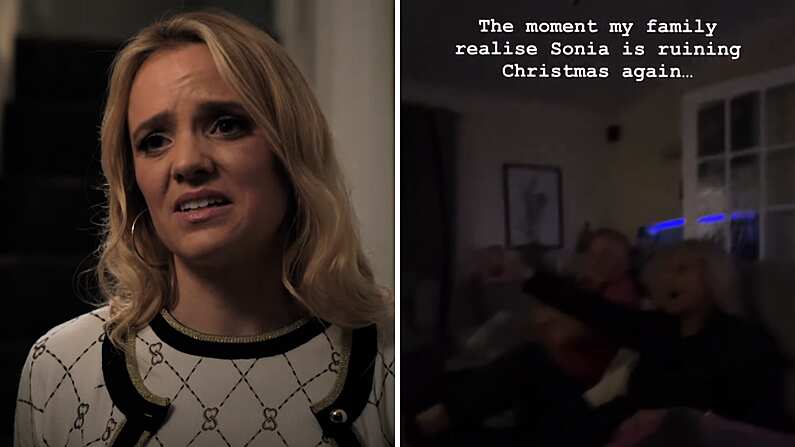The Irish public are in mourning on Thursday after the desperately sad news broke of Shane MacGowan's death at 65.
The Pogues frontman had battled health issues for much of his later life, and was only discharged from St. Vincent's hospital last week after several months of treatment.
His family announced his passing on Thursday afternoon, saying that he died peacefully at 3am overnight with family by his side, having received the Last Rites.
Perhaps best known for the song 'Fairytale of New York' - which will no doubt get even more playtime this Christmas than usual - MacGowan was a true giant of Irish music, and his work with the Pogues has brought joy in Ireland and further afield for decades.
But MacGowan was even more than a musician. He and the Pogues formed a major part of the Irish cultural movement of the late 20th century, and one song in particular summed up his stance on the most pressing issues of that period.
When the Guildford Four were incorrectly imprisoned in 1975 for the bombing of a pub in London suburb of Guildford, a years-long campaign began to see them released.
Alongside this, a similar conviction saw six men imprisoned for the 1974 bombing of two pubs in Birmingham - once again, six innocent men who became known as the "Birmingham Six."
Shane MacGowan and the Pogues would release a protest song against their imprisonment entitled Streets of Sorrow/Birmingham Six, which was included on their album 'If I Should Fall From Grace With God' alongside 'Fairytale of New York' and 'Fiesta.'
Irish media personality Enda Brady shared a poignant story on Thursday in the wake of MacGowan's death which summed up just how much the cause had meant to the late singer.
Story of Guildford Four encounter perfectly sums up Shane MacGowan
On Twitter, Brady shared a story of an encounter he shared with Shane MacGowan in London years ago, which summed up the character of the late Pogues frontman.
Brady said that, as the pair said in a hotel, Paddy Hill and Gerry Conlon - Hill one of the Birmingham Six, and Conlon of the Guildford Four - walked by, and MacGowan's reaction spoke volumes:
I was with Shane MacGowan one day in a London hotel when he saw two men walking down the street outside.
He jumped up and beckoned them in - they were Paddy Hill and Gerry Conlon. Shane ordered tea and after they left I asked him why they became emotional when they saw him.
Shane said he wrote a song for them while they were (wrongly) imprisoned, ‘Streets of Sorrow’, which the BBC of course banned. The money from the song went towards their legal costs. It was a beautiful moment to witness. What a beautiful soul.
The song was indeed pulled from British airwaves in 1988, under the same laws which prevented interviews with IRA or Sinn Féin members being broadcast in the UK at the height of the Troubles.
Of the banning, MacGowan's bandmate Phil Chevron told RTÉ:
We just make music and in some ways, it’s quite heartening that they think that we’re so important to ban us.
While the band said it was given no formal reason for the banning of the song, given that it raised funds for the release of people who were, at that time, "convicted terrorists" in the eyes of the British government, it was swiftly banned when it was released in 1988.
A year later, the Guildford Four would be released from prison and, two years later, justice came too for the Birmingham Six.
The dedication of Shane MacGowan to the cause of freeing the wrongly imprisoned men was a mark of the man, a titan of Irish music who will be desperately missed.
Ar dheis Dé go raibh a anam.

